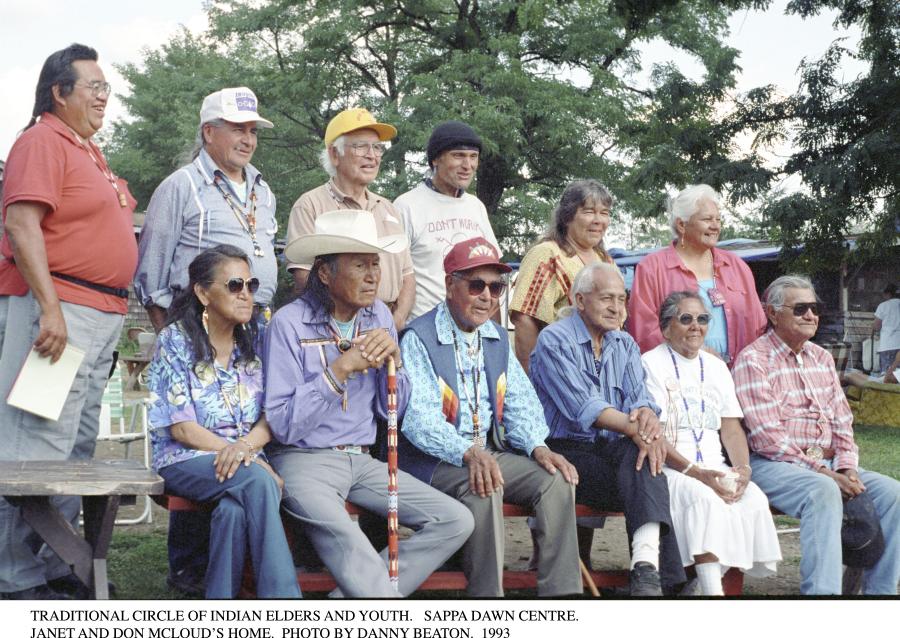The International Finance Corporation (IFC), the branch of the World Bank Group that loans money to private corporations, announced a new policy that will require clients to obtain the free, prior, and informed consent of Indigenous communities that could be affected by their projects. Approved as part of an updated Sustainability Framework by IFC’s board of directors on May 12, 2011, the policy will take effect on January 1, 2012.
The Sustainability Framework’s Performance Standard 7 concerns Indigenous Peoples. The introduction states:
1. Performance Standard 7 recognizes that Indigenous Peoples, as social groups with identities that are distinct from mainstream groups in national societies, are often among the most marginalized and vulnerable segments of the population. In many cases, their economic, social, and legal status limits their capacity to defend their rights to, and interests in, lands and natural and cultural resources, and may restrict their ability to participate in and benefit from development. Indigenous Peoples are particularly vulnerable if their lands and resources are transformed, encroached upon, or significantly degraded. Their languages, cultures, religions, spiritual beliefs, and institutions may also come under threat. As a consequence, Indigenous Peoples may be more vulnerable to the adverse impacts associated with project development than non-Indigenous communities. This vulnerability may include loss of identity, culture, and natural-resource-based livelihoods, as well as exposure to impoverishment and diseases.
2. Private-sector projects can create opportunities for Indigenous Peoples to participate in, and benefit from project-related activities that may help them fulfill their aspiration for economic and social development. Furthermore, Indigenous Peoples may play a role in sustainable development by promoting and managing activities and enterprises as partners in development. Government often plays a central role in the management of Indigenous Peoples’ issues, and clients should collaborate with the responsible authorities in managing the risks and impacts of their activities.
Objectives
- To ensure that the development process fosters full respect for the human rights, dignity, aspirations, culture, and natural-resource-based livelihoods of Indigenous Peoples.
- To anticipate and avoid adverse impacts of projects on communities of Indigenous Peoples, or when avoidance is not possible, to minimize and/or compensate for such impacts.
- To promote sustainable development benefits and opportunities for Indigenous Peoples in a culturally appropriate manner.
- To establish and maintain an ongoing relationship based on Informed Consultation and Participation with the Indigenous Peoples affected by a project throughout the project’s life-cycle.
- To ensure the Free, Prior, and Informed Consent of the Affected Communities of Indigenous Peoples when the circumstances described in this Performance Standard are present.
- To respect and preserve the culture, knowledge, and practices of Indigenous Peoples. Scope of Application
The complete text is available at http://www.ifc.org/ifcext/policyreview.nsf#SF



